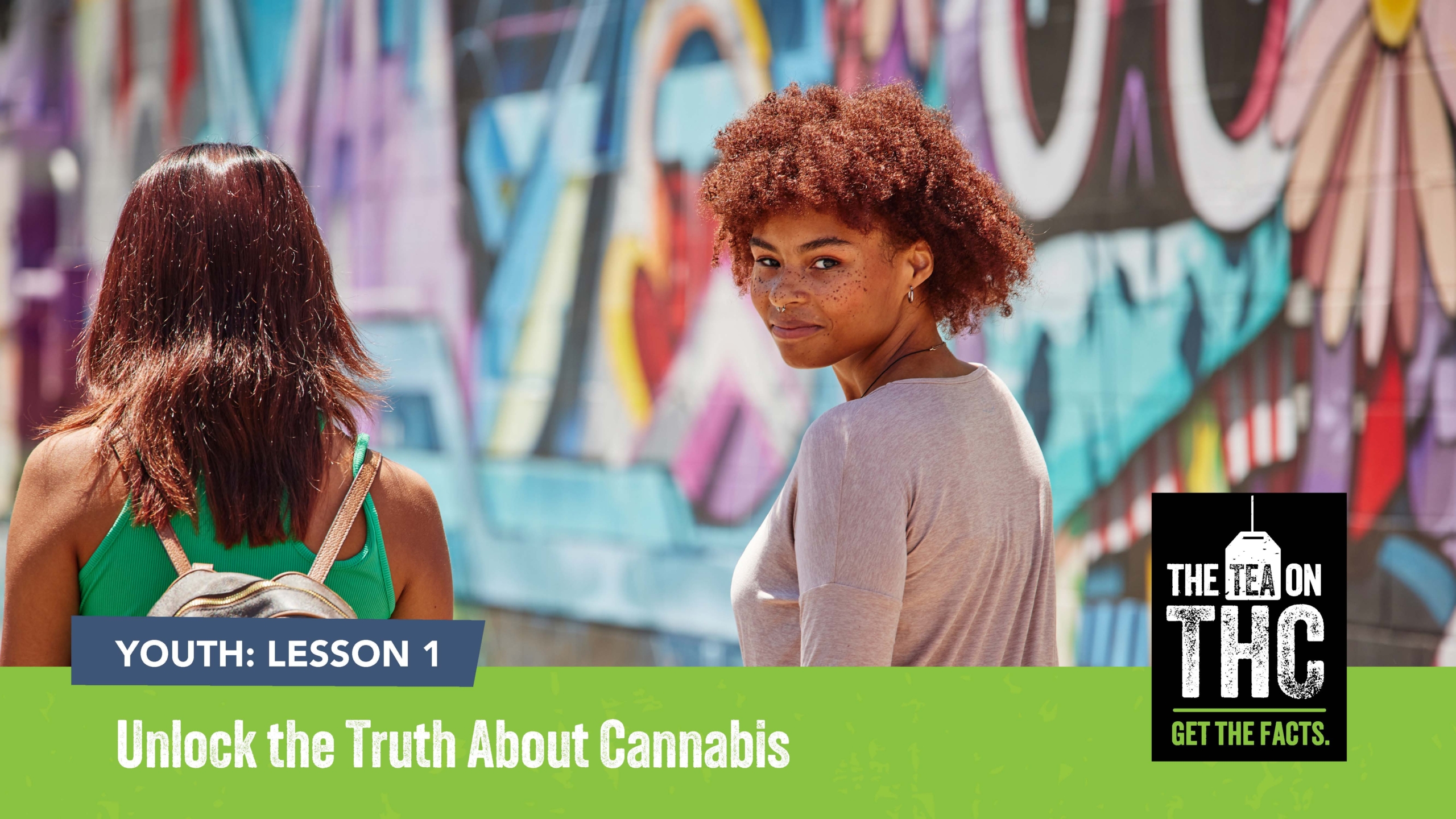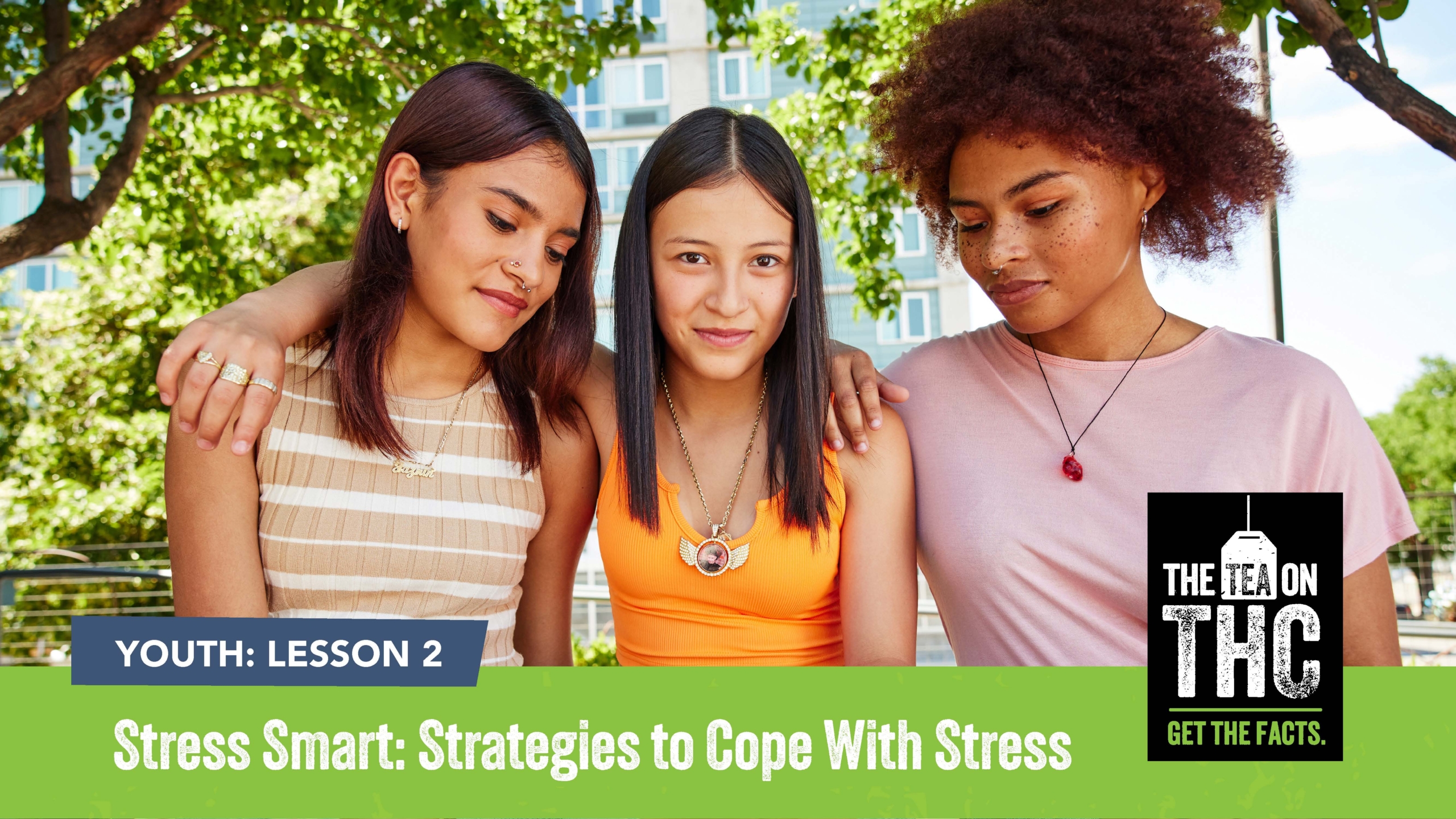
Researchers are in the early stages of studying the risks of high concentration cannabis, but they already know enough to be concerned. A literature review by the Colorado School of Public Health (the sponsors of The Tea on THC) found evidence that frequent use of high concentration cannabis products may lead to cannabis use disorder, a form of substance use disorder. It can also trigger anxiety disorders and even major psychiatric illnesses like psychosis and schizophrenia.

Medical and developmental damage aren’t the only consequences of cannabis use facing young people — there are also athletic, academic, and financial considerations. Using can impair performance and lead to disqualification from competitions. It may result in disciplinary actions, including expulsion from school. And, it can jeopardize eligibility for college financial aid and scholarships.
School:
Sports:
Financial aid:
Researchers at the Colorado School of Public Health spent months poring over thousands of published articles to create a self-study curriculum for The Tea on THC. See how much you know about why young people are using high concentration cannabis, how they’re getting it, and what it may be doing to their mental and physical health.

Lesson 1 – Unlock the Truth about Cannabis
Discover what cannabis is and understand the significant impacts on your physical and mental health, all backed by the latest scientific evidence. Dive in to gain a deeper understanding and prioritize your well-being.
By participating in this lesson, students will be able to understand:
What cannabis is, including high concentration cannabis.
Different kinds of cannabis products, including high concentration cannabis products.
The impacts of cannabis use on physical and mental health, including specific impacts related to high concentration cannabis use.

Lesson 2 – Stress Smart: Strategies to Cope with Stress
Discover what cannabis is and understand the significant impacts on your physical and mental health, all backed by the latest scientific evidence. Dive in to gain a deeper understanding and prioritize your well-being.
By participating in this lesson, students will be able to understand:
Stress and its influence on youth.
Build healthy coping skills to manage everyday stress and reduce or limit substance use, including use of high concentration cannabis.
Identify resources for youth substance use prevention and intervention.
For any questions, please email info@teaonthc.org
Powered by Colorado School of Public Health
Desarrollado por la Escuela de Salud Pública de Colorado